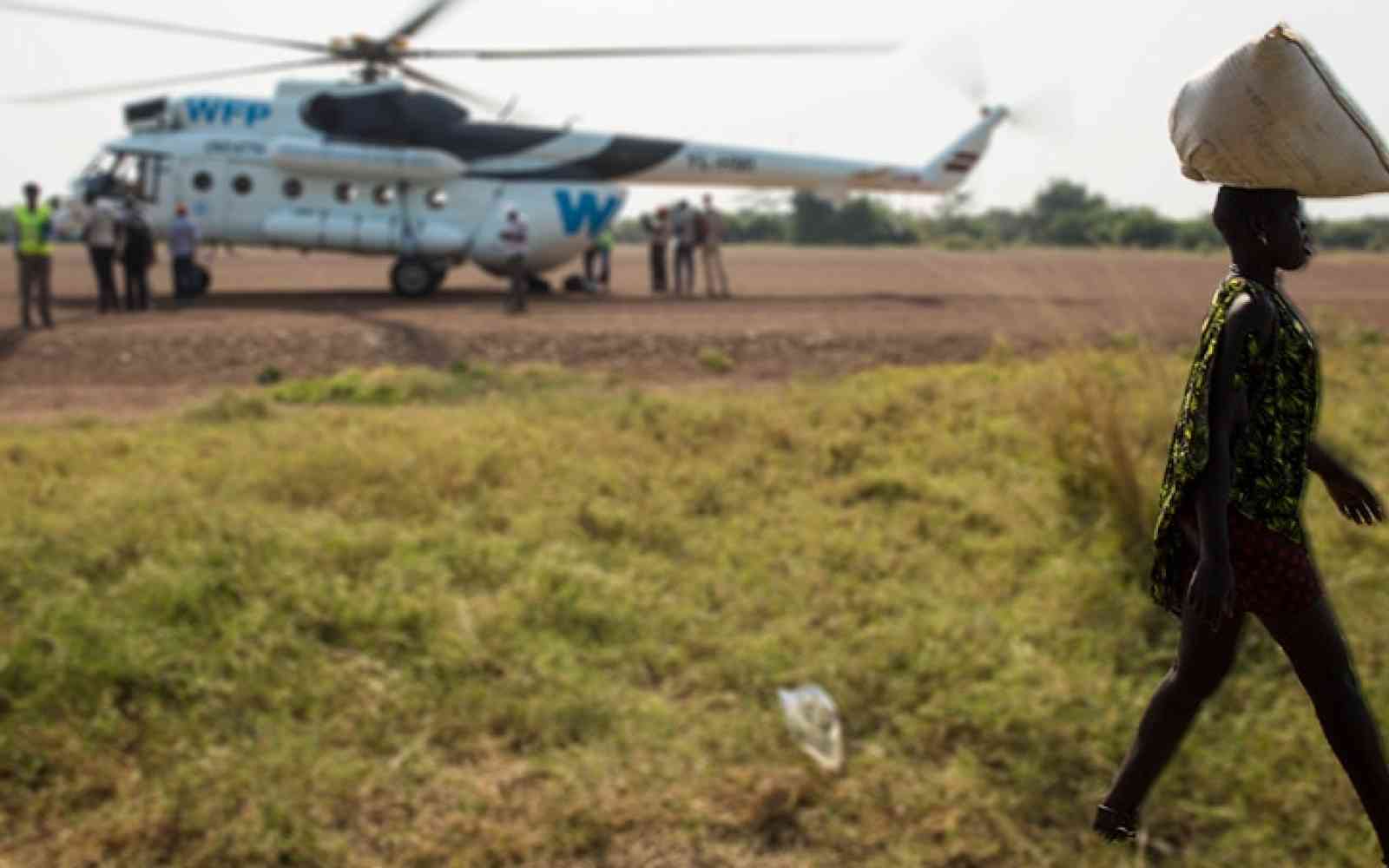The United Nations Office for Project Services (UNOPS)
Blockchain Symposium
Closing remarks by Grete Faremo, Under-Secretary-General and Executive Director of UNOPS at the Blockchain Symposium.
[Check against delivery]
Good afternoon,
My name is Grete Faremo. I lead the UN Office for Project Services – or UNOPS. We are a self-financed organization within the larger UN family.
We are unique in that we are focused on implementation. We do not hold an advocacy mandate.
Rather, we help our sister agencies implement their projects and programmes around the world.
While we are a UN entity and as such guided by UN fundamental norms and values, in practice we run pretty much according to private sector commercial standards.
A few years ago, in our continued efforts to be in the lead when it comes to applying new technologies, we decided to devout resources to the phenomenon of Blockchain, and what will it mean for us and other parts of the UN.
Since then, we have become a leading agency on Blockchain here at the UN, running a network of interested agencies and individuals in the UN. This spring we ran a webinar on Blockchain with 500 participants from 30 different agencies.
We thought of Blockchain as a method of safe and secure financial transactions. The UN moves funds, pays bills and procures services for billions of dollars each year. A small percentage gain in efficiency will free large funds for other purposes than paying for financial transactions.
Blockchain is as you know, not only applicable to finance, but also for data security more generally. One great example of this is how UNOPS partnered with World Identity Network and UN Office for Information and Communications Technology (OICT) to seek a blockchain-based identity system to provide a solution for human trafficking in Moldova.
Global Challenge for Blockchain 4 Humanity was posted on the UN Unite Ideas platform in November 2018, and winners were announced in March 2018.
A major traditional donor has expressed profound interest in this concept. And we are proud to be part of such important progress.
While the finance sector is predominantly preoccupied with this technology, such identity services may also have positive implications. In particular it it will ease the acquisition and registration of property rights and other rights for people who cannot otherwise document their identity.
Land titles have always been a development challenge. Now, the solution can be in sight and we are part of it and proud of it.
It is imperative that we have a full understanding of the implications that the fourth industrial revolution can have on an international community in humanitarian and development contexts.
We have heard today about strengths and weaknesses, challenges and opportunities.
We see that it is ever more important that both governments and international actors play a more active role in technological development.
Public administration isn’t simply a passive consumer of blockchain technology, but a full participant in creating a digital society that works for humanity as one, without deepening economic divides.
The book presented today is a testament to the linkages between our work. Both technologists and humanitarians share a common vision of a world transformed.
One with increased equality, one that is sustainable, and one that works to protect people and planet.
Thank you.











